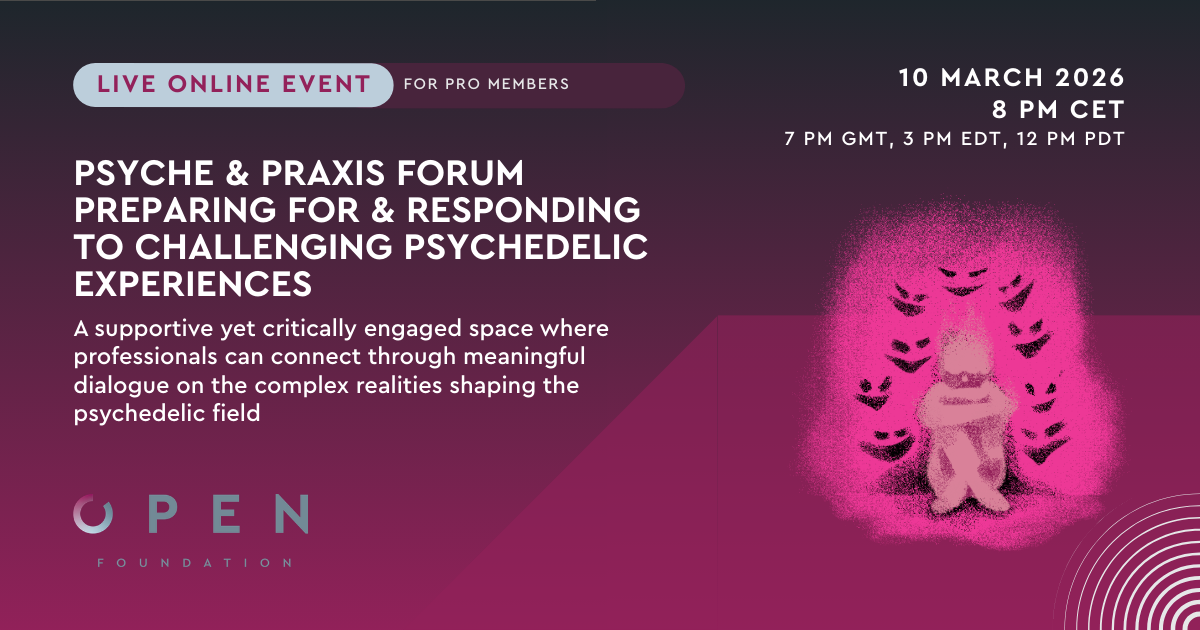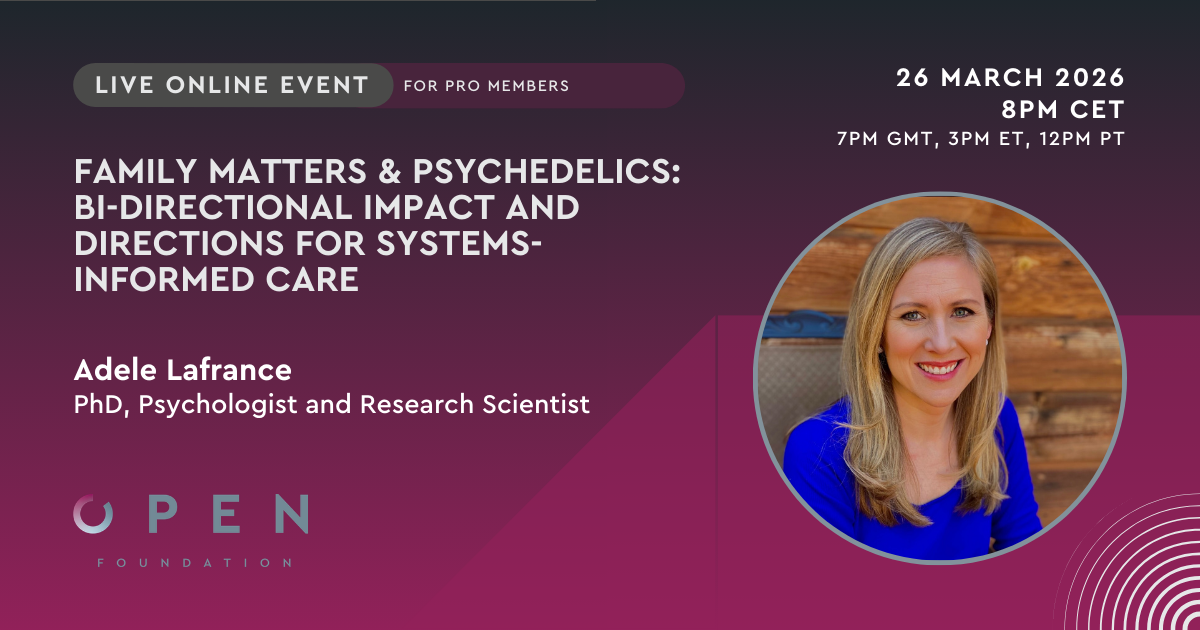Abstract
Anticholinergic drugs based on tropane alkaloids, including atropine, scopolamine, and hyoscyamine, have been used for various medicinal and toxic purposes for millennia. These drugs are competitive antagonists of acetylcholine muscarinic (M-) receptors that potently modulate the central nervous system (CNS). Currently used clinically to treat vomiting, nausea, and bradycardia, as well as alongside other anesthetics to avoid vagal inhibition, these drugs also evoke potent psychotropic effects, including characteristic delirium-like states with hallucinations, altered mood, and cognitive deficits. Given the growing clinical importance of anti-M deliriant hallucinogens, here we discuss their use and abuse, clinical importance, and the growing value in preclinical (experimental) animal models relevant to modeling CNS functions and dysfunctions.
Lakstygal, A., Kolesnikova, T., Khatsko, S., Zabegalov, K., Volgin, A., Demin, K., … & Kalueff, A. (2018). DARK classics in chemical neuroscience: atropine, scopolamine and other anticholinergic deliriant hallucinogens. ACS chemical neuroscience., 10.1021/acschemneuro.8b00615
Link to full text














